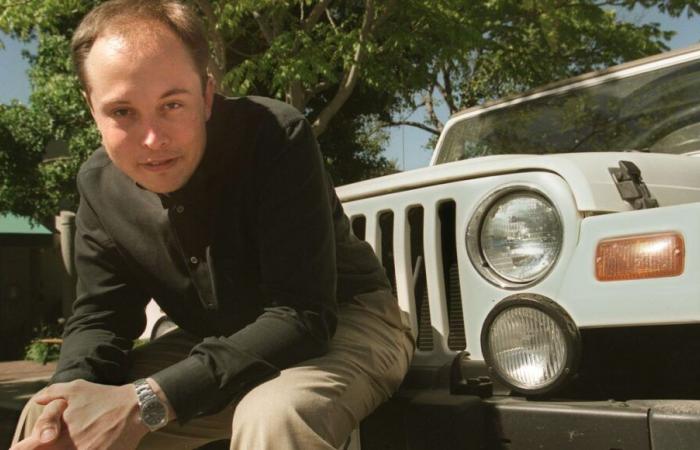
In this podcast, “ Faces of the news“, specialists explain the journey of the protagonists who mark international news. In this first series of episodes, François Saltiel, journalist specializing in digital, sheds light on the life of the billionaire Elon Musk and about the choices that led him to become the richest and one of the most influential men in the world.
The first big success: PayPal
Elon Musk's debut in the technology industry is dazzling. At the age of 24, he was a millionaire thanks to the sale of Zip2 and the creation of X.com, an online payments platform that became famous after its acquisition and transformation into PayPal. As François Saltiel points out: “At the time, he already had this desire to bypass the traditional model to invent this company called Paypal and which would become his first very big success.” This “success” brought him a colossal fortune after the acquisition of PayPal by eBay in 2002, which allowed him to pocket more than 180 million dollars. This project is also the incarnation of a libertarian philosophy which aims to reduce the role of state structures in monetary management: “It is, somewhere, the ancestor of Bitcoin.”
The Paypal Mafia, a political organization
Elon Musk's growing influence in Silicon Valley and his role within the famous “Mafia PayPal“, a network of libertarian figures like Peter Thiel and Reid Hoffman, co-creators of the company, are already announcing the sequel. These entrepreneurs share the idea of a reduction in public services and wish to directly attack the monopoly of the State, particularly in the financial field. François Saltiel specifies: “With Paypal, it's the first time that we can pay, have a payment instrument that is not a traditional bank.” Musk and his entourage are transforming their bold ideas into an economic revolution that does not hide its political ambitions. Basically, it is about preparing the reorganization of society around new technologies.
Do you hear eco? Listen later
Lecture listen 58 min
Pushing the Limits: The Creation of SpaceX
Musk's visionary ambitions extend to the conquest of space, with the creation of SpaceX in 2002. The initial objective is to reduce the costs of spaceflight by becoming NASA's subcontractor. This effort comes up against the generalized skepticism that François Saltiel announces to us: “Everyone makes fun of him, it's like I'm telling you: 'I'm going to go build my own rockets and then we're going to colonize Mars“.” However, Elon Musk and his teams proved their resilience by successfully placing Falcon 1 into orbit in 2008. A first for a private company.
This desire for space conquest is part of a perspective that Musk presents as pragmatic. François Saltiel, in fact, characterizes the businessman as the incarnation of “ technosolutionnisme“. This thought firmly believes that “the planet's resources are limited, but man will always be able to push back his boundaries”, and this, thanks to the solution of choice that technology represents.** Through SpaceX and its Martian projects, Musk does not just dream, he wants to demonstrate that technology and innovation can resolve global crises and open up new possibilities. new perspectives for humanity.
Cultures World Listen later
Lecture listen 58 min





